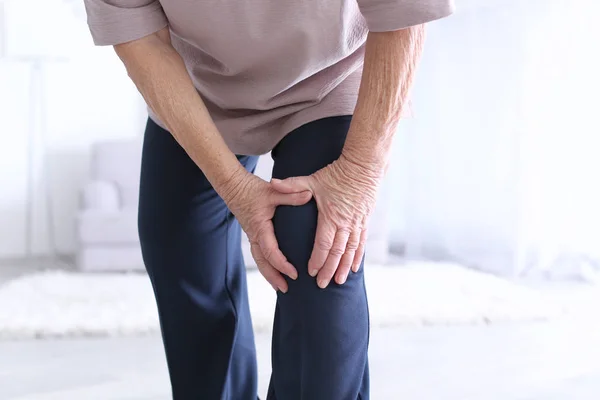The landscape for the management of people with hip and knee osteoarthritis (OA) is constantly evolving, with new research and guidelines informing best practices. Here’s a summary of the experts recommendations (updated January 2024):
Non-pharmacological Interventions (First-line):
Education and Self-management: The management of people with hip and knee osteoarthritis involves to empower patients with knowledge about OA, symptom management techniques, and self-care strategies.
Exercise: Structured exercise programs, including strength training, aerobic exercise, and flexibility exercises, are highly recommended. Tailoring the program to individual needs and preferences is crucial.
Weight management: For overweight or obese individuals, sustained weight loss (even 5%) can significantly improve pain and function.
Assistive devices: Consider walking aids, appropriate footwear, and home/work adaptations to reduce pain and increase mobility.
Pharmacological Interventions (Second-line)
- Topical NSAIDs: These are preferred over oral NSAIDs for pain relief due to a lower risk of side effects.
- Oral NSAIDs: Use cautiously, with gastrointestinal and cardiovascular risk assessment and mitigation strategies. Consider COX-2 inhibitors or NSAIDs with proton pump inhibitors for individuals with specific comorbidities.
- Intra-articular corticosteroid injections: Offer short-term pain relief but not a long-term solution.
- Other medications: Glucosamine, chondroitin sulfate, and hyaluronic acid injections are not currently recommended due to limited evidence of effectiveness.
Additional Considerations:
- Tai chi: Emerging evidence suggests potential benefits for pain and function improvement, especially in knee OA.
- Manual therapy and massage: May provide some pain relief and functional improvement as a complementary therapy.
- Laser therapy: FDA-approved laser treatment may offer pain relief, but further research is needed.
- Psychological interventions: Cognitive behavioral therapy can help manage pain and improve coping skills.
- Joint replacement surgery: Considered a last resort when non-surgical interventions fail to provide adequate pain relief and functional improvement.
Note: These are general recommendations, and individualized management plans are crucial based on each patient’s specific situation, needs, and preferences. Patient-centered care is essential, involving the patient in decision-making and treatment choices. Regular follow-up and monitoring are necessary to assess progress, adjust treatment plans, and address any emerging complications.
ALSO READ: Can Snoring Increase Stroke Risk In Adults? Here’s What Experts Want You To Know
Resources
- EULAR recommendations for the non-pharmacological core management of hip and knee osteoarthritis: 2023 update: https://www.bmj.com/content/380/bmj.p24
- Osteoarthritis Management: Updated Guidelines from the American College of Rheumatology and Arthritis Foundation: https://www.aafp.org/pubs/afp/issues/2018/0415/p523.html
- EULAR recommendations for the non-pharmacological core management of hip and knee osteoarthritis: 2023 update – https://ard.bmj.com/content/early/2024/01/11/ard-2023-225041








